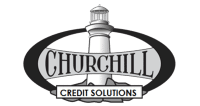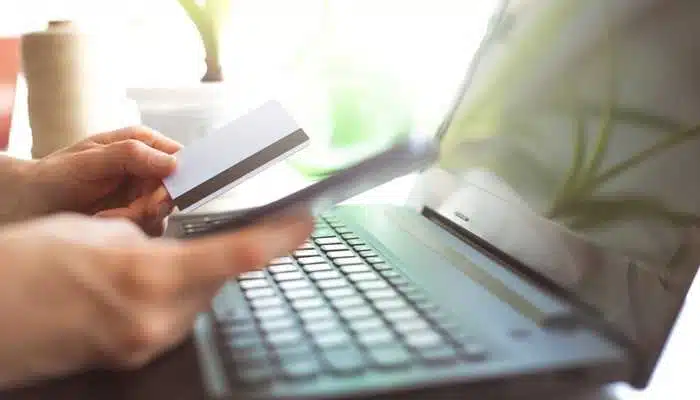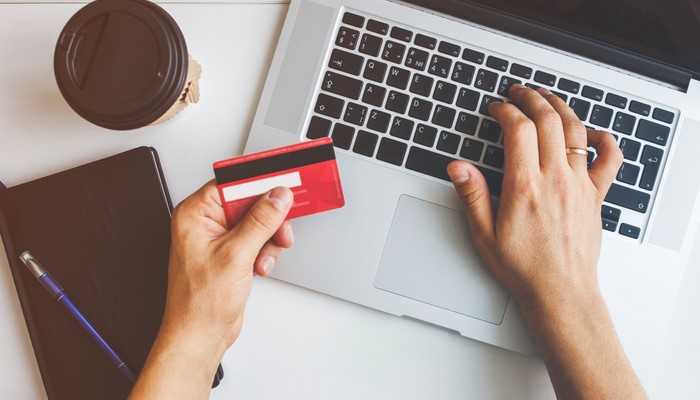Anyone who’s ever had credit card debt can tell you that it’s no fun. And the notion of credit card default is even scary. With the coronavirus pandemic in full swing, there is widespread concern and uncertainty about what tomorrow will bring. Millions of Americans have already been laid off or have seen a significant reduction in their working hours. This has resulted in financial hardship for thousands of consumers who are finding it increasingly difficult to make their credit card payments.
In this time of widespread concern, you’re probably worrying about the best way to manage your money. Like many other Americans, you may also be struggling with credit card debt and are worried about defaulting. You may also be considering your options. To that end, we’ve put together this article to help you decide your best course of action. But before we go into the details, we should take a look at what credit card debt default is and what can happen if you do end up defaulting on your debt.
How Do You Default on Your Credit Card Debt and What Happens If You Do?
Credit card debt default happens when you aren’t able to make your payments for an extended period. Whenever you accept a new credit card, you also agree to certain terms and conditions. For one, you agree to make regular minimum payments before the due date listed on your credit card statement. If you miss these payments, your credit card will be in default. In most cases, your credit card issuer will close your account and report your situation to the three major credit bureaus (Equifax, Experian, and TransUnion).
However, before this happens and in the months leading up to default, your credit score will also suffer. And if you decide to apply for a new credit card or loan after a default, there will be a strong chance that you will be denied. In fact, most financial institutions will not approve your requests until you’ve managed to clear up your default balance. Unfortunately, after 60 days past your due date, your interest rate will likely have increased dramatically. Coupled with your outstanding payments due, your debt will grow even more, making it even more difficult to pay it back.
After you’ve defaulted on your credit card, your issuer will probably transfer your debt to a collection agency. This oftentimes implies having to deal with an endless barrage of irritating phone calls demanding fast payments to the credit companies you owe. In some cases, the debt collection agency may even look to take legal action against you and have your wages garnished. Whatever the case, things will only get worse from there. (It’s important to hire professionals long before these scenarios play out, as often it can all be avoided with the proper debt management company protecting you.)
How to Avoid Credit Card Debt Default
If you do find yourself defaulting on your credit card, there are several directions that you can choose. One of the options is to do nothing. But eventually, debt collectors could sue you for what you owe. Know that, based on the statute of limitations, they have a certain amount of time before they can no longer sue you. They can still try to get you to pay, but not by taking you to court if the SOL has passed.. The worst-case scenario is to file for bankruptcy.
Paying off the credit card balance and settling your debt is always the best option and the best path to achieving excellent credit. But if you are like most Americans, debt has become an unmanageable struggle. High credit card interest rates, which are pretty standard across the board, never make things easier. With so much negativity surrounding just the idea of defaulting on credit card debt, sometimes some of the best options to get out of a temporary hole actually begin with default.
If you are lucky enough to be in good shape financially, then you will not have to default. In this case, perhaps it’s a good time to pay down debt if you can, as there is a chance that the safety you are enjoying now may not last. In an economic crisis like the one we are experiencing, almost everyone will be affected in one way or another.
What Are Your Other Options?
If you’re not able to pay off your debt out of pocket, you still don’t have to go straight to bankruptcy. You can choose from several debt relief services to help you avoid defaulting on your debt. Based on your exact financial situation, not all of them may work for you, but there may still be one that could help you avoid defaulting. To make sure you choose the best option, find a good debt relief company that has your interest at heart. That said, here are your options:
- Debt Consolidation – This process involves taking out a different loan from a financial institution and paying off your credit card debt with it. If you are fortunate, this can be achieved via a zero-interest balance transfer to a different credit card. That’s rare, however. Alternatively, you would take out a separate personal consolidation loan that has an interest rate lower than that of your current credit cards. Your debt will essentially remain the same, but you will lower your interest rate if all goes well.
- Debt Management – Debt Management Plans (DMPs) are unique to each individual debtor and involve several lifestyle and expense changes recommended to you by a debt relief company. These companies will also negotiate your debt with creditors on your behalf, while lowering your monthly credit card payments and interest rates. This is one of the main reasons why you should always look to work with a reputable debt relief company that has a trained team of professionals. In any case, such a DMP will help you pay off your debt, granted you follow their instructions.
- Debt Settlement – is another name for debt management. To further elaborate, debt settlement is a process of resolving delinquent debt by promising the lender a lesser, one-time payment or a multi-payment plan for what you originally owed. In other words, you would only be making a partial payment, somewhere in the range of 10% to 75% of the initial sum. It will affect your credit score, but most folks considering this option are more interested in lower monthly payments and getting out of debt for less than owed. Additionally, not everyone looking into these programs has a pristine credit score to begin with, so weighing the benefits over the costs is the best way to approach the decision.
How to Avoid Credit Card Debt Default During the Pandemic (Temporary Measures by Lenders)
According to a March 2020 survey, around 1 in 7 Americans cite the current pandemic as the main reason why they will not be able to pay their credit card bill in full. But in light of the current financial situation and the COVID-19 outbreak, there may be a ray of hope for those struggling with paying off their credit card debt. The majority of credit card companies have reconsidered their interest rates and have started offering varying degrees of assistance to those in need.
For example, with American Express, if the COVID-19 pandemic has negatively impacted the borrower, they will be willing to waive or reimburse late fees, reinstate reward points, or refund interest charges. Also, if the borrower is unable to pay even the minimum amounts, their accounts will not be marked as past due. These changes differ from one credit card issuer to the next, as well as the borrower’s specific circumstances. What you need to do, however, is to contact your creditor, be upfront about your situation, and let them know that you may need some leeway in paying off your debt. Though these changes are not permanent, they may ease your situation during this difficult period.
In short, cutting credit card debt and avoiding credit card defaults are possible with solutions like repayment plans. However, knowing credit card basics is not enough. When dealing with debt and default, a credit counseling and debt consolidation company can come in handy for both your business and personal finance. But make sure it’s a reputable company with a history of helping people with bad credit or credit repair. Churchill provides you with expert tips and an intelligent option to help you and/or your businesses avoid defaulting on your debt, securing your financial future. So, instead of struggling with your own debt relief plans, you can request free counseling and find out if there is a solution that can help you get out of debt in the most efficient way possible.



